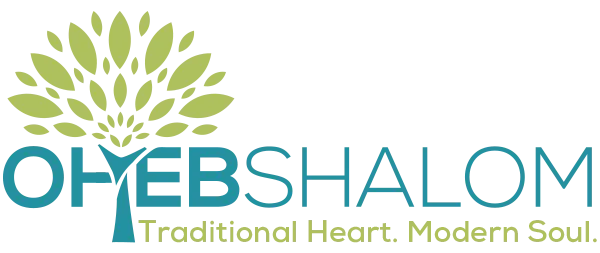This week is a pessimist’s raison d’etre: devastation in Haiti, heartbreak and harrowing events in Afghanistan, the continued flourishing of the coronavirus. To say nothing of the wildfires raging on in California, or the water shortage on the Colorado River, or continued fighting between Israel and Hezbollah including an alleged missile strike in Syria.
How does Torah—in its mega-sense, meaning all of Jewish teaching and expression—help us absorb the news? How might it inform how we respond to events? What are some guidelines for us in a week like this?
- I know I am called on to help. Tzedek, tzedek tirdof – we are to pursue justice; v’ahavta l’reikha kamokha – love your neighbor as yourself. We know we are to do everything we can. Jewish Federation of Greater Metrowest is working with American Jewish Joint Distribution Committee to support efforts in Haiti (jdc.org/HaitiEarthquake2021), as is Haitian-operated NJ4Haiti (https://www.nj4haiti.org). HIAS is collecting funds to help settle Afghani refugees, the ones we saw crowded into the aircraft carrier, the ones who make it out. Closer to home, we can cooperate with medical directives to vaccinate and wear masks as instructed, to help keep others who cannot be vaccinated safe.
Judaism offers us the outlet of prayer, which can satisfy our emotional need to “do something” even in situations when we can do very little to help. Some people pray because they believe in a God who hears prayers and acts on it them in some way. Some people pray because it is a form of contemplative expression, a way to shape the climate of our hearts. Either way, prayer can help us through. Pray. Use the siddur (prayerbook), or don’t. Psalm 27, which is the Psalm for this month of Elul, is a good one to recite for all we are witnessing and experiencing in the world right now. Or stick with one of my favorite lines in the weekday Amidah: Grant us from You the grace of knowledge, understanding, and wisdom. It really feels like right now we need all three.
Choosing Torah means placing myself as part of a community. If I were all alone in the world, the hard stuff would be overwhelming and unbearable. It might still be overwhelming – but it is not unbearable, because we have one another. Pick up the phone and call someone from the Oheb community whom you think could use a compassionate check-in. Talk about the news, or don’t. It will help you both; it will weave us together. A few weeks ago I preached on mental health. This is a moment where someone reeling from watching the pictures of those planes taking off from Kabul might really need that check-in. Because we might be all alone in the world – but through Torah, through choosing to be part of the Jewish community, we are not.
In a week like this, when there feels like there is so little to do except despair, I am grateful that Judaism gives me a framework to handle it all, and this holy community to do it with.
